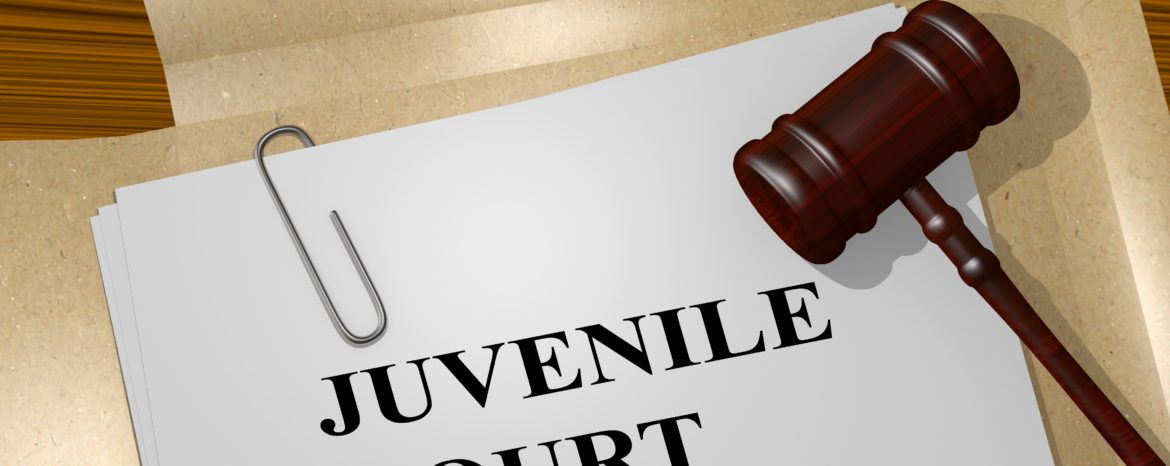Published June 11, 2017 on behalf of Wade Grimes Friedman Meinken & Leischner PLLC
We all cringe at some of the mistakes we made during our younger years when we didn’t understand how far-reaching the consequences could be. For many, those memories are centered around harmless mishaps and awkward moments, but some adults are still dealing with the impact of a criminal conviction as a juvenile.
Many people are misinformed about what happens to a juvenile’s criminal record once the person turns 18. Some offenses are expunged or sealed automatically, but all crimes are not created equal. For instance, in the state of Virginia, felony convictions as a juvenile are not necessarily removed and can show up on background checks even as an adult.
Whether your child is facing misdemeanor or felony charges, a strong defense is crucial for juvenile defendants. Presenting your best case can increase the chances of getting the charges dismissed or reduced, and you may also be able to take advantage of alternative options such as drug diversion programs or community service and probation in lieu of jail time.
In some cases, your child may not be facing criminal charges but, instead, is facing expulsion from school or another disciplinary action. These go on your child’s official academic record and can impact how colleges view applications or even whether or not your child will be able to graduate from high school.
At Wade, Grimes, Friedman, Meinken & Leischner, we work with juvenile defendants on a regular basis and understand that dealing with minors requires a special set of skills we have honed over the years. We know that facing drug charges is a time of great uncertainty and many questions, and we are here to help.

